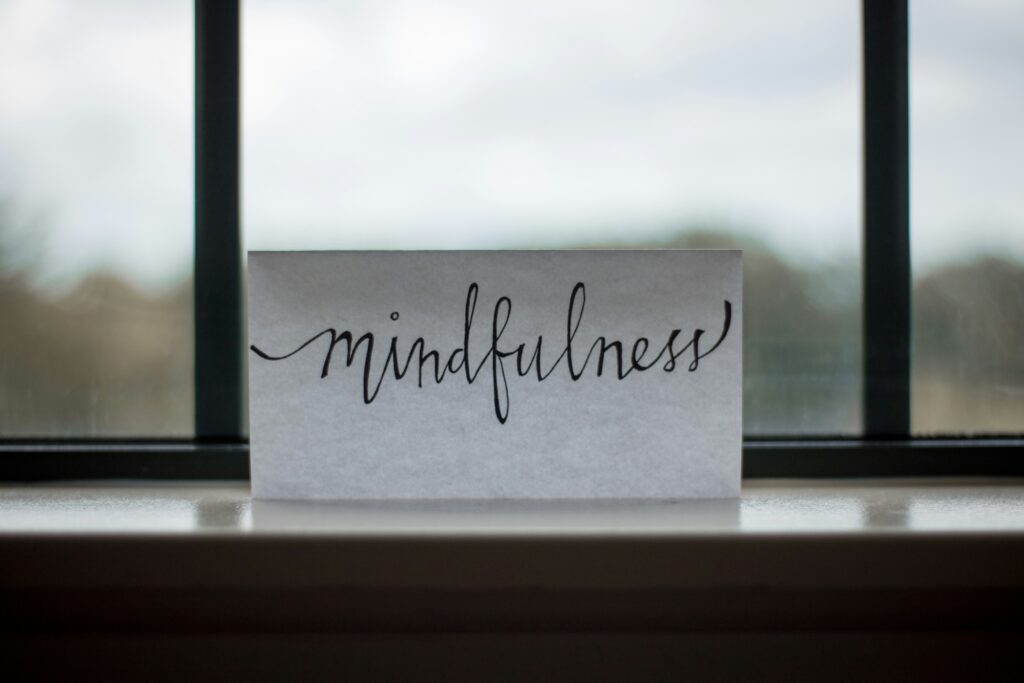We usually tend to make ourselves as a particular means to an end, rather an end in itself. How so? In retrospect, everything we have done in the name of improving ourselves has often resorted to a trick to make ourselves known to God, to others, and particularly to “ourselves”.
In a personal context, we seemingly improve ourselves to make ourselves feel good, if not, our “self” is rendered useless. We often stop at the “feeling good” part, but, the good feelings which do not come from self-realisation are not whole, thus, we are always trapped in the hedonic treadmill.
In a social context, we seemingly improve ourselves in order to make a public display that we are not useless, and is contributing to the social structure imposed on us since we are born.
In a religious context, we do good deeds to avoid bad “karma”, and to have a good afterlife, and especially, to enjoy in a totally different dimension where celestial beings are our friends, instead of the nasty humanity that we see today.
We can’t make ourselves known to God, God has already known us.
We do not need to bother to be known to others, because they are also distracted to make themselves known to others.
We can’t make ourselves feel good, unless we know who we are.
All our conscious/subconscious efforts to be a better person is always rooted in some future expectations that might or might not be causally relevant to what we want to do. And people still wonder why the improvements made from learning all the toxic positivity and chicken soups (which is so prevalent now) have often been momentary.
We should ask ourselves, what if, there’s nothing here to witness our “improvement”, no one whatsoever, including ourselves which is so influenced by society, do we still want to be someone that we aspire to be? Right now?
